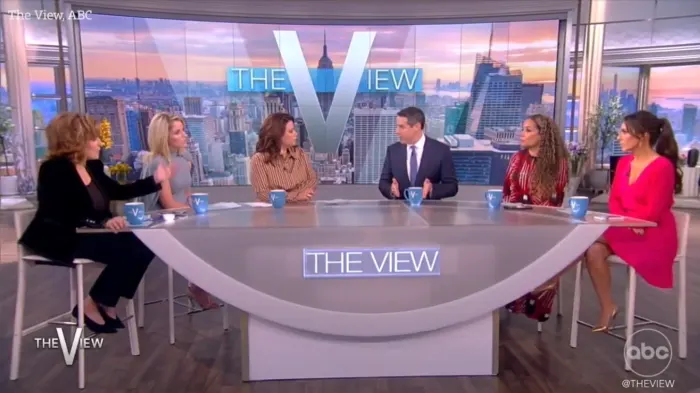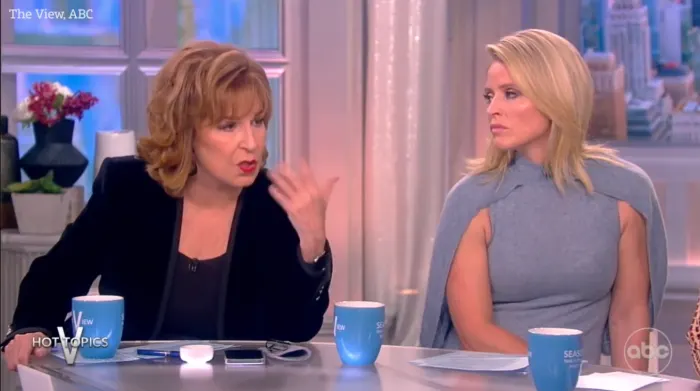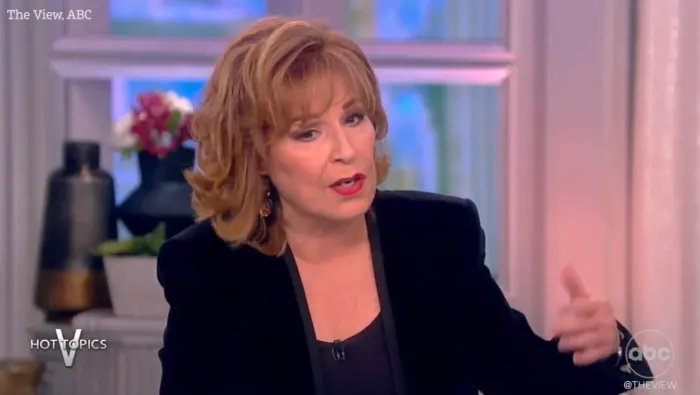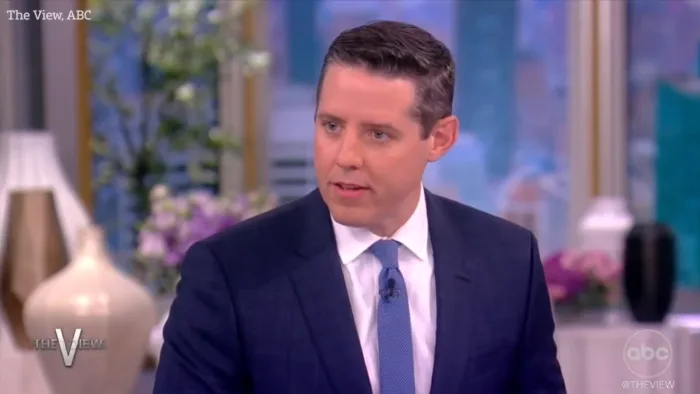………………………………………………………………………
………
Well-known for her roles on The Bachelor, Abbie Chatfield recently caused a furious uproar among her listeners by cautioning against referring to people as “females” in informal settings on an episode of her well-liked podcast. In her impassioned address, she referred to it as demeaning and offensive, particularly when it came to women and transgender individuals.

For Abbie, the term “females” is not just a neutral term; it also carries a weight of misogyny and discrimination. She likened it to derogatory comments, emphasizing how it strips individuals of their humanity and individuality and reduces them to nothing more than biological categories. She said that this reductionism exacerbates negative perceptions and marginalization of transgender people while also undermining women’s autonomy and hiding the identities and experiences of these people.

The insinuation that women are somehow inferior beings who depend on men for their survival and purpose seemed to particularly irritate Abbie. She said that the phrase encourages damaging preconceptions about women’s responsibilities in society and outdated gender norms by portraying women in this way.
Abbie further delved into the historical and societal connotations of the term, suggesting that its usage reflects and perpetuates systemic inequalities and patriarchal structures. By framing women as passive recipients of male protection and provision, the term “females” not only diminishes their agency but also contributes to the normalization of gender-based violence and discrimination.

Abbie brought up the possibility of internalized sexism in response to the query of whether it is disrespectful for women to use the phrase. According to her, women can also unintentionally reinforce negative gender stereotypes and language, internalizing and spreading the same repressive ideologies that aim to oppress them.
Although Abbie’s comments struck a chord with a sizable section of her audience, garnering acceptance and agreement, they also provoked strong opposition and discussion. Some retaliated against what they saw as an excessive emphasis on semantics, claiming that actual issues affecting marginalized communities and women should take precedence over grammatical quibbles.

However, it is impossible to overestimate the role that language plays in influencing attitudes and views regarding gender and identity. Because language has the ability to both reflect and perpetuate social norms and power structures, it is important to critically analyze and question the language we use, especially when it comes to problems of inclusivity and gender.
Abbie’s passionate plea ultimately serves as a reminder of the significance of words in forming our perceptions of the outside world and our interpersonal interactions. Whether one supports or opposes her position, there is no denying that her remarks have spurred an important discussion about the role that language plays in upholding or undermining oppressive and marginalizing regimes.